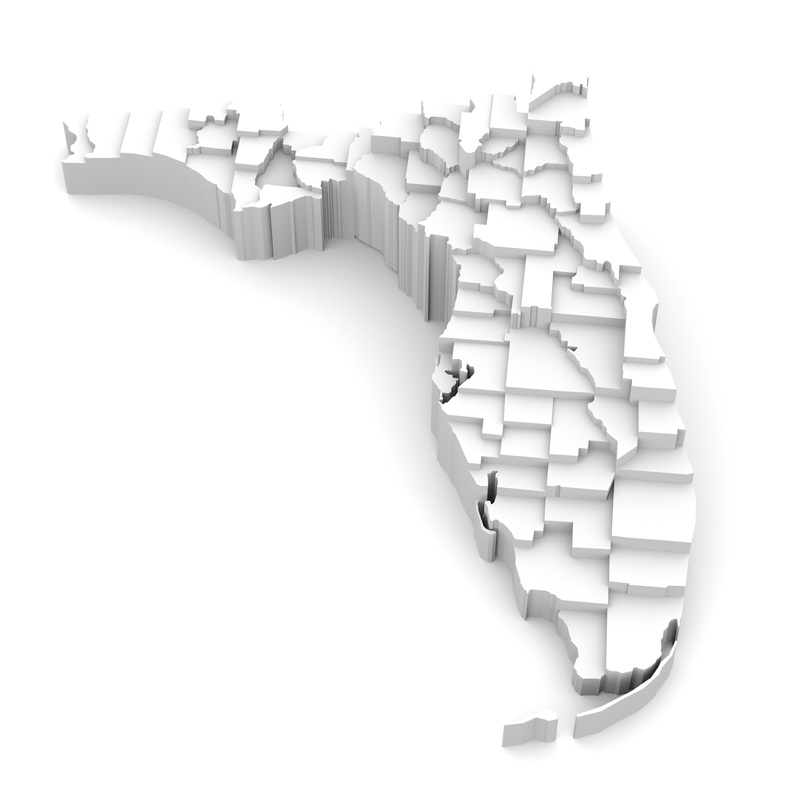 Two separate legislative proposals are aimed to tighten up the sober home industry. The Bills follow on the heels of legislation proposed last year, which did not become law. We have a couple weeks left till the Legislative session ends (May 1st), after which time we will see what regulation made its way through the process. Until then, it’s important to have an idea of what is on the horizon.
Two separate legislative proposals are aimed to tighten up the sober home industry. The Bills follow on the heels of legislation proposed last year, which did not become law. We have a couple weeks left till the Legislative session ends (May 1st), after which time we will see what regulation made its way through the process. Until then, it’s important to have an idea of what is on the horizon.
Committee Substitute for House Bill 21 and Committee Substitute for Senate Bill 326 contain the following interesting features—
Creates “voluntary” certification for recovery residences;
A. Specifies the requirement of a “recovery residence administrator;”
B. Specifies that the credentialing entity of both the recovery residence and the recovery residence administrator will be a nonprofit organization (not necessarily one that is tax exempt) that “develops, administers professional, facility, or organization certification programs according to applicable nationally recognized certification or psychometric standards,” and requires the credentialing entity to:
- Establish the recovery residence certification requirements. Interestingly, the Legislature, which states that those in recovery are vulnerable and need to be protected, is offloading to an unspecified nonprofit organization (which anyone can form in five minutes) the responsibility for developing certification requirements;
- Establish procedures to, among other things, to monitor, inspect and insure compliance with the certification requirements established by this unspecified nonprofit organization entrusted by the state of Florida with this responsibility;
- Require recovery residences (who are volunteering to be regulated) to submit documents such as job descriptions, drug testing procedures and requirements, to be managed by a “certified recovery residence administrator.”
The Bill also states that a recovery residence cannot be certified if an owner, director or CFO plead guilty, no contest or was found guilty of certain offenses. Moreover, the non-governmental, not for profit certifying body has authority to suspend or revoke a certification if the entity determines the residence isn’t complying with the law. No due process is required. Oh, and finally, as of July 1, 2016, a provider licensed under Chapter 397 may not refer a patient (current or discharged) to a recovery residence unless the residence, which is not required to be certified, actually becomes certified, making the voluntary certification requirement, ummm….mandatory!Continue reading
 By: Matt Fischer
By: Matt Fischer

 By:
By:  By:
By: 